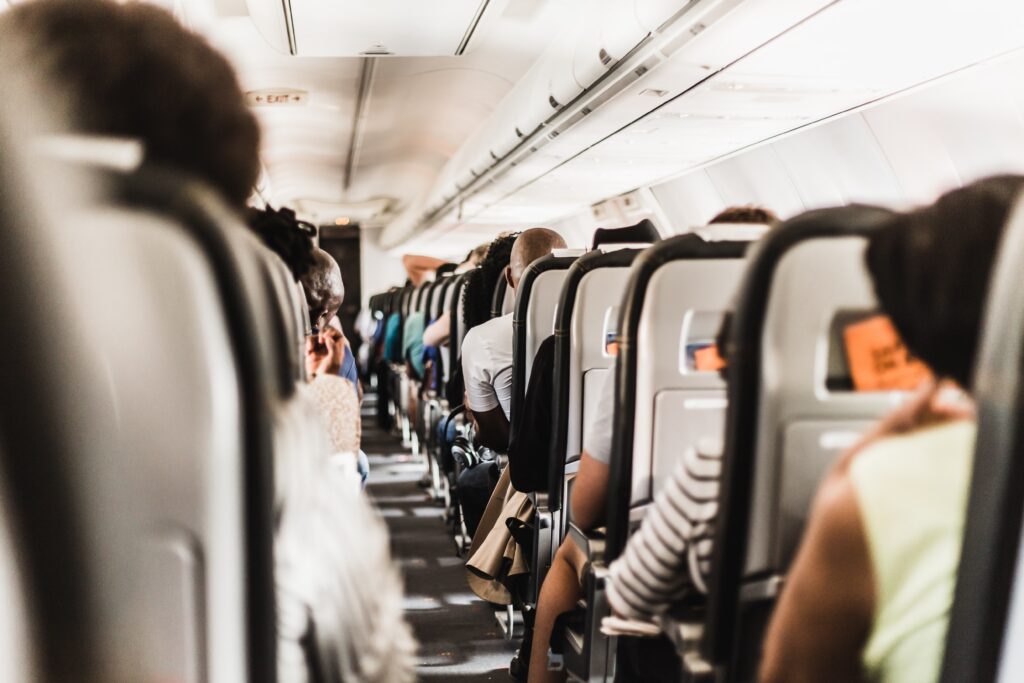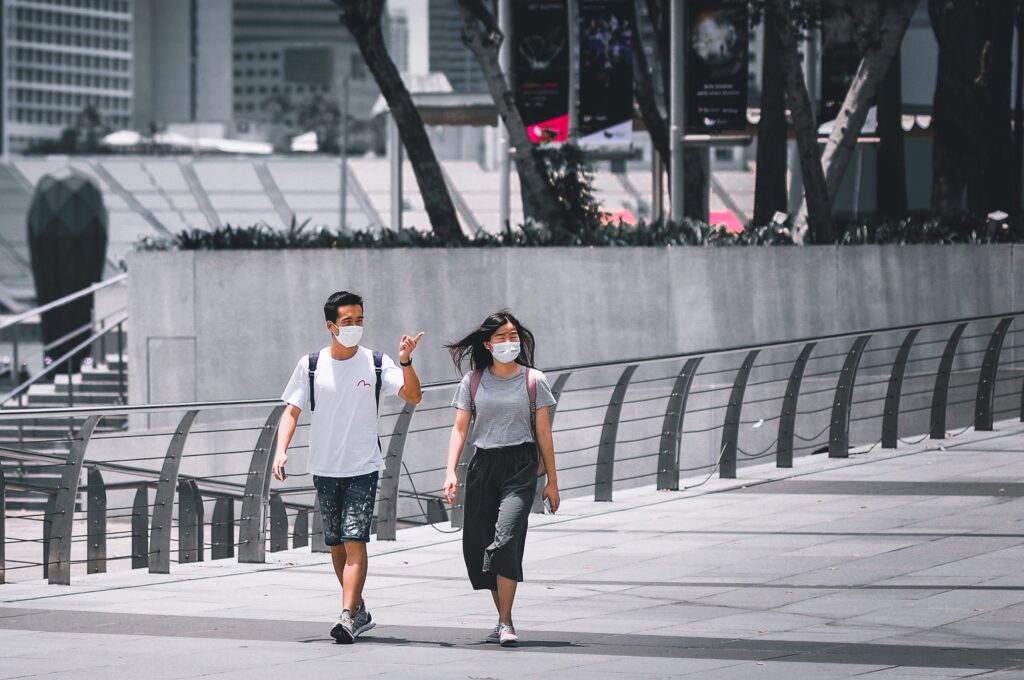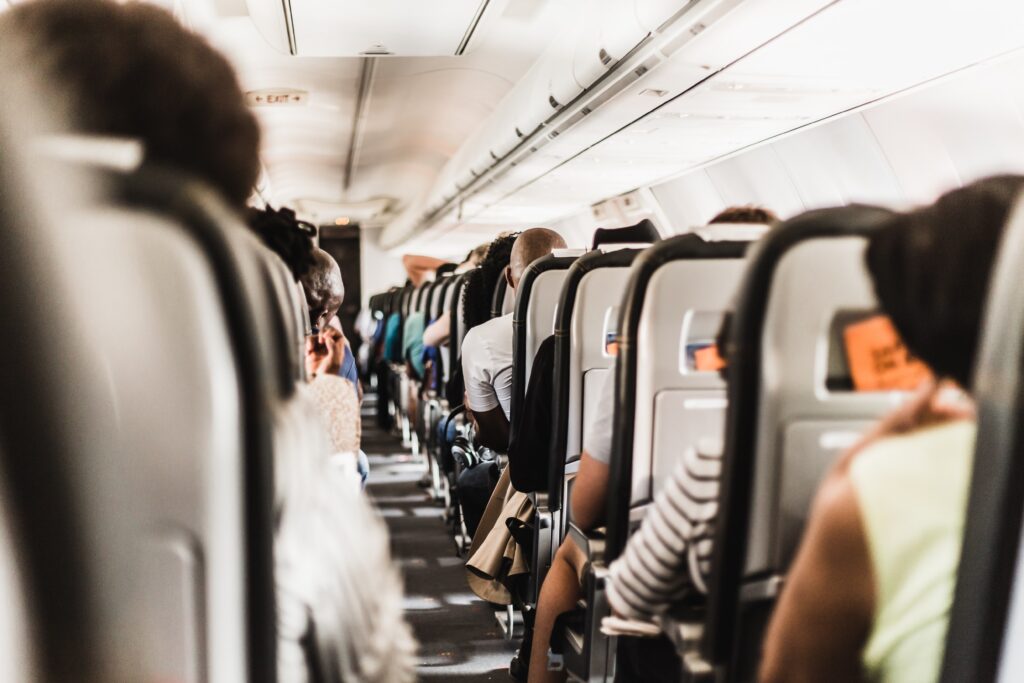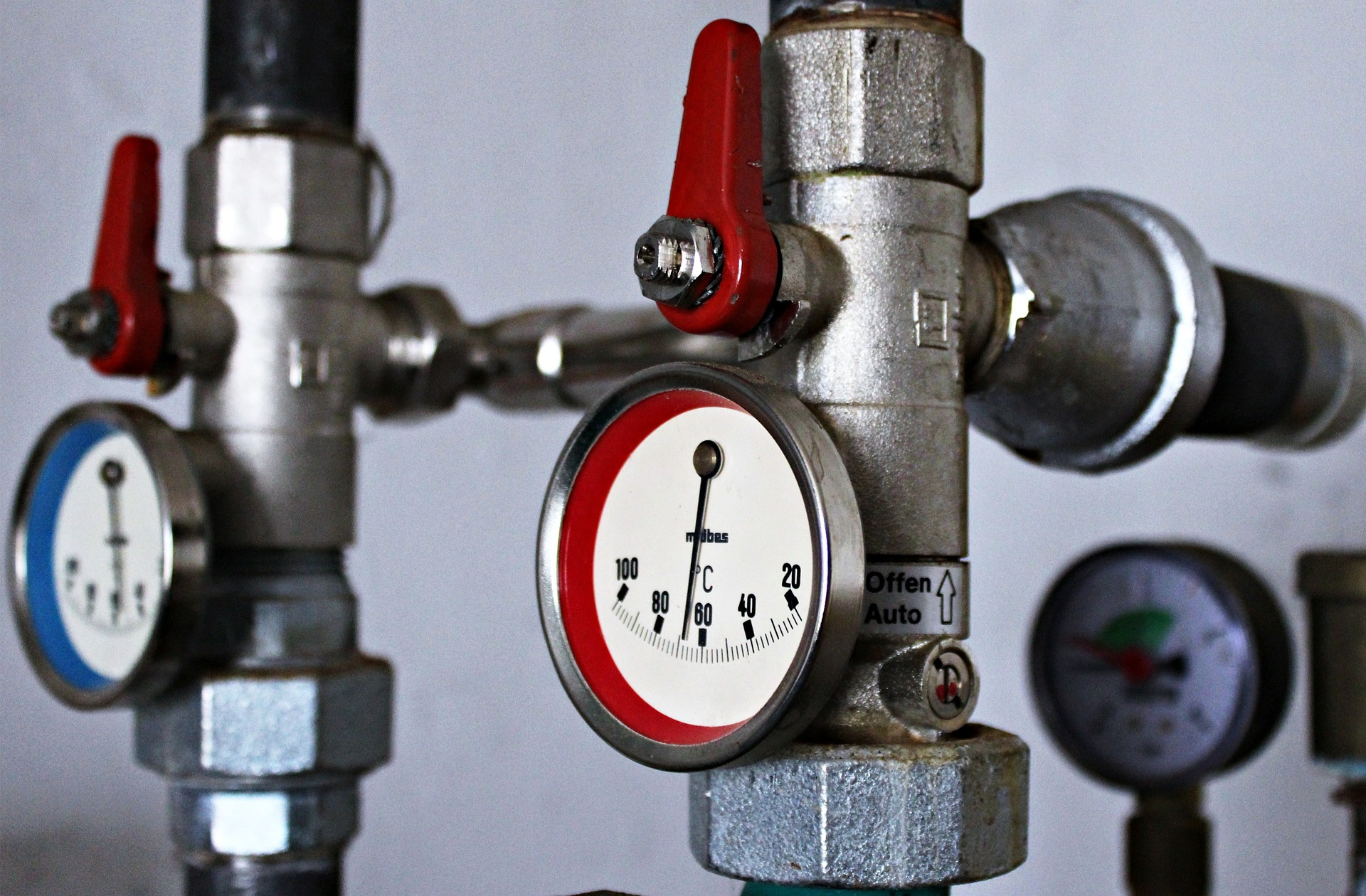Safety Measures To Consider For Travellers During COVID-19
As the coronavirus continues to be unpredictable, and with the unforeseeable developments of variants (such as Delta and Omicron), travellers are encouraged to continue following safety measures on their travels. Regardless of personal vaccinated status, it is vital that everyone stays alert and educated on the present status of COVID-19.
With a large majority of people around the world being vaccinated and now receiving a booster jab, it has made travelling possible again for passengers. If you are planning to travel this year perhaps for the spring and summer breaks, it is crucial to keep yourself and others safe, regardless of vaccination status as you can still be exposed to the virus and become infectious to others.
The tips below will assist travellers to stay as safe and healthy as possible whilst they enjoy much long-awaited vacation trips.

Research The COVID Rate Where You Live
It is important to be kept up to date with the coronavirus status where you live. This may include the daily figures. It can give you an idea of the risk of transmission in your area. Even though vaccinated people are less likely to catch and be unwell with the virus, there is still the open possibility of you becoming infected.
Research The COVID Rate Where You Are Travelling To
Before travelling or perhaps booking a trip, you should always consider what the COVID rate is like there too. You do not want to put yourself and your family or friends at risk by travelling to a country where the infection rate is extremely high. The other problem with travelling to high-risk countries, is that their rules and travel guidance can change at any minute. Meaning you should be prepared for last minute lockdowns.

Consider Your Health Status
It is important to look after ourselves in the state of a pandemic. When making plans to travel, be sure to consider your risk of catching COVID. Consider your vaccination stats, your overall health, and your immune system. For example, people with a compromised immune system should be heavily encouraged to get a vaccine if possible in order to decrease the risk of them becoming increasingly ill if they become infected.
Think About Testing
Travel guidance in places like the UK are always changing and can change incredibly fast with little warning. Be sure to take this into consideration before flying and be prepared in advance. For example, if you are an unvaccinated traveller, travelling to Croydon, London, you will be required to take a test (fit to fly test Croydon) as well as a paid PCR after you arrive.
Decide On Your Method Of Transport
Of course, your method of transport will be dependent on where you are travelling to and the distance. Experts have advised that driving is the safest mode of transport for unvaccinated passengers, especially if the location can be reached within a day, as it significantly reduces encounters with other individuals.Flying is still considered safe, however due to the flights usually being busy and social distancing being made more difficult due to limited spaces and seating, airlines often require everyone to wear a mask the whole flight except when eating or drinking. This goes for trains and buses too. It can be difficult to adhere to social distancing measures on public transport which is why it is best to be extra cautious when choosing these methods of transport.




